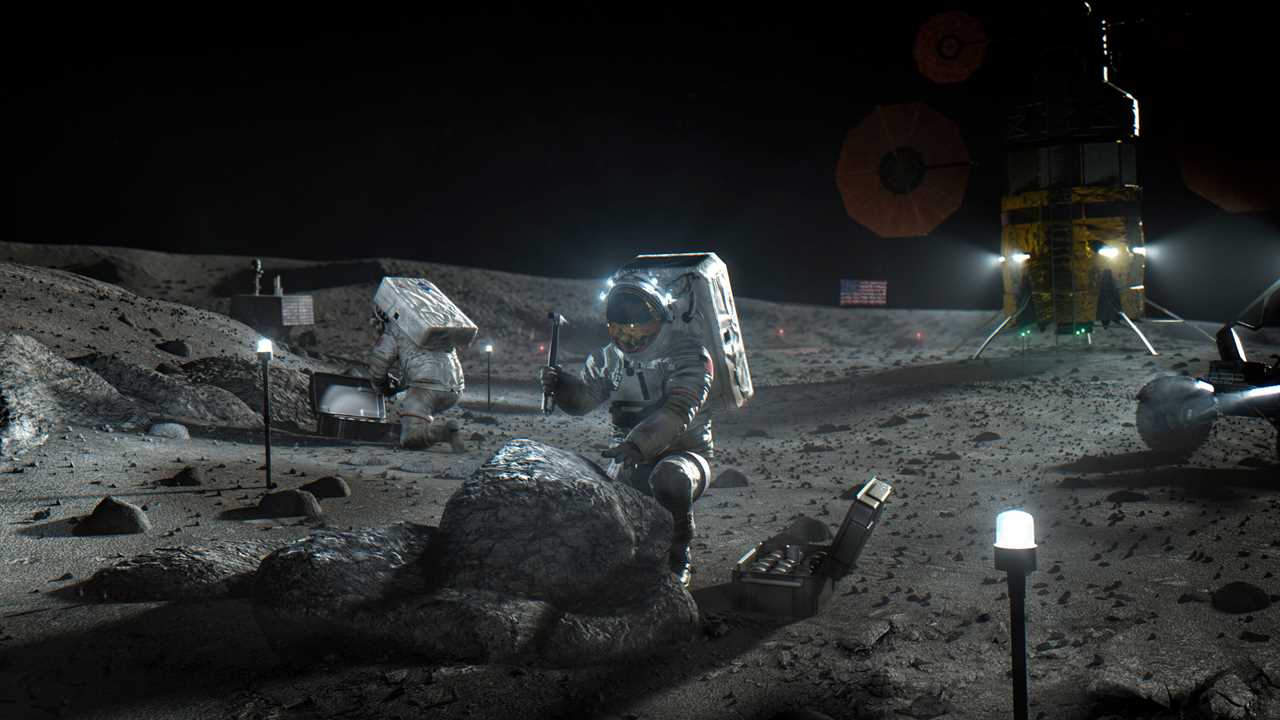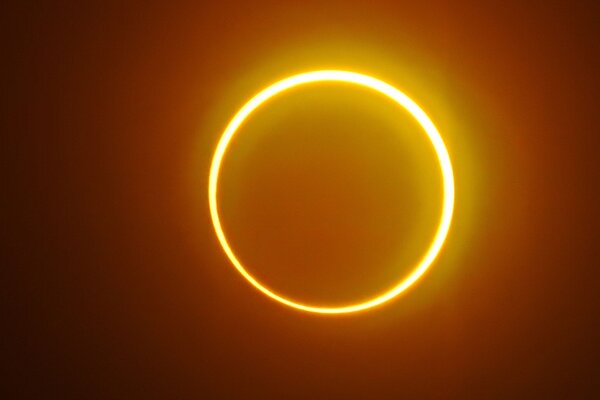
Jeff Bezos’ rocket company carried him to the edge of space last week. But it won’t be flying NASA astronauts to the moon’s surface, at least for now.
The Government Accountability Office on Friday rejected protests challenging NASA’s decision to go with just one spacecraft lander design for its return of astronauts to the moon, a $2.9 billion award that went to Elon Musk’s rocket company, SpaceX.
The competition for the contracts was seen as a battle of billionaires between Mr. Musk and Mr. Bezos, the founder of Amazon who also started a rocket company, Blue Origin. A third company, Dynetics, a defense contractor in Huntsville, Ala., was also competing for the contract.
In a twist, the loss of the protest may actually help Blue Origin. If the G.A.O. had upheld the protest, NASA may have had to redo the competition, which seeks a system that can take astronauts from lunar orbit to the surface of the moon and back. Redoing the competition would most likely have taken months.
NASA officials can now decide whether to take up Mr. Bezos on an offer he made in an open letter to Bill Nelson, the NASA administrator, on Monday: to effectively slice $2 billion off the $6 billion proposal from Blue Origin, which collaborated with Lockheed Martin and Northrop Grumman.
When the competition was announced, NASA officials said they wanted more than one design to ensure both competition and redundancy in case one of the companies stumbled.
But in April, NASA announced that it was awarding just one contract, to SpaceX. The company will use the money for the development of Starship, the large reusable spacecraft the company is developing in South Texas, that is central to Mr. Musk’s ambitions of one day sending people to Mars.
Space agency officials suggested then that they were hemmed in by limited budgets. Congress had provided $850 million in the current fiscal year for the project, one-fourth of what the Trump administration had asked for in its final budget request.
Both Blue Origin and Dynetics protested the award to the Government Accountability Office, which can review federal contract decisions. The G.A.O. said NASA did not violate any of its rules by making just one award — the announcement of the competition said the space agency reserved the right to make just one award — or none at all.
The G.A.O. also said that NASA had fairly evaluated the three proposals, and although it agreed that NASA had improperly waived one requirement for SpaceX, that mistake was not serious enough to merit redoing the competition.
“Despite this finding, the decision also concludes that the protesters could not establish any reasonable possibility of competitive prejudice arising from this limited discrepancy in the evaluation,” the G.A.O. said in a statement.
The award to SpaceX is just for the first moon landing, scheduled for 2024, although few expect it will occur that soon. “Importantly, the G.A.O.’s decision will allow NASA and SpaceX to establish a timeline for the first crewed landing on the moon in more than 50 years,” NASA said in a statement.
NASA officials have said they would have another moon lander competition open to Blue Origin, Dynetics and any other company.
In his letter, Mr. Bezos said NASA should choose now to ensure competition. “Competition will prevent any single source from having insurmountable leverage over NASA,” he wrote.
After the decision, Blue Origin said in a statement: “We stand firm in our belief that there were fundamental issues with NASA’s decision, but the G.A.O. wasn’t able to address them due to their limited jurisdiction. We’ll continue to advocate for two immediate providers as we believe it is the right solution.”
In an effort to prod NASA into reopening the competition, the chairwoman of the Commerce Committee, Senator Maria Cantwell, a Democrat from Washington, where Blue Origin is headquartered, added a bipartisan provision requiring the agency to pick a second contractor into a sprawling research and technology bill that overwhelmingly passed the Senate in June. Senator Bernie Sanders, an independent from Vermont, chafed at the measure, claiming that it amounted to a “bailout” for Mr. Bezos’ company. But powerful senators on the Commerce Committee backed it, arguing that NASA had always intended to give out two awards.
“The American taxpayers invest too much in these space programs not to apply these lessons about the importance of resiliency and redundancy,” Ms. Cantwell said in a May speech from the Senate floor. “The same lesson should be applied to the programs developed here as we approach this new project to land people back on the moon.”
But that legislation has since stalled in the House, despite a call from President Biden to send the bill to his desk. And while House-led committees have passed a series of piecemeal bills intended to counter the Senate-passed legislation, lawmakers have yet to approve similar measures relating to NASA, frustrating proponents of the lunar lander provision and leaving the fate of the bill uncertain.
In turning to private companies to help undertake its moon program, known as Artemis, NASA hopes to recreate successes in outsourcing transportation of cargo and now astronauts to the International Space Station. In the past, NASA designed and operated its own spacecraft, but that approach was more expensive.
Because this was not a typical federal contract competition where companies vie for one set task, Mr. Bezos and Blue Origin officials say NASA is still free to make additional awards if it so wished. By waiving its fee for the next two fiscal years, up to $2 billion, Mr. Bezos said that adjustment addressed NASA’s financing constraints.
The current bids by Blue Origin and Dynetics remain valid until Aug. 9. A Blue Origin spokesman said the company has requested that NASA extend that deadline to Nov. 1 “to ensure NASA has every chance to award a second provider and restore competition.”

Sync your calendar with the solar system
Never miss an eclipse, a meteor shower, a rocket launch or any other astronomical and space event that's out of this world.






